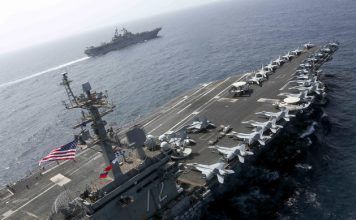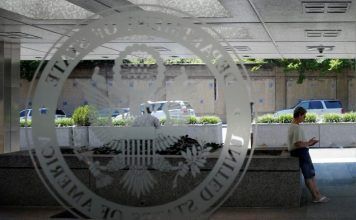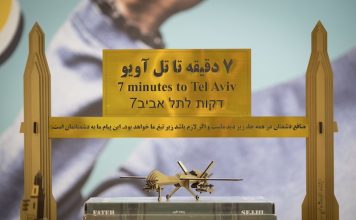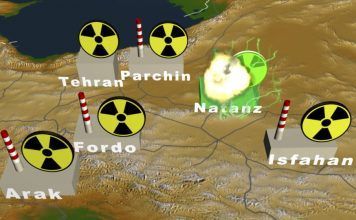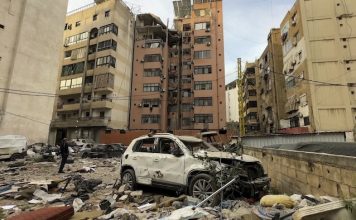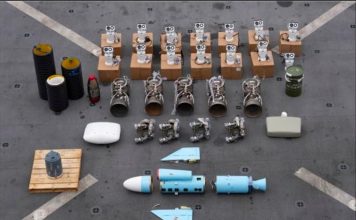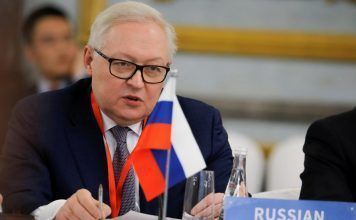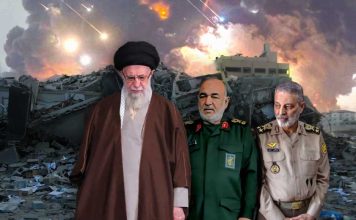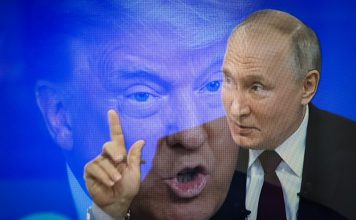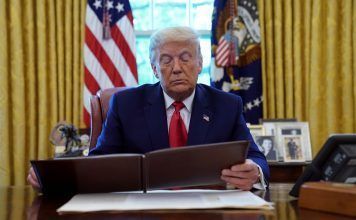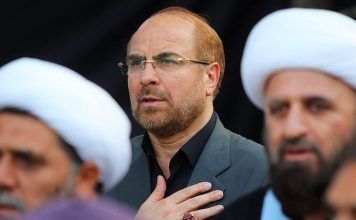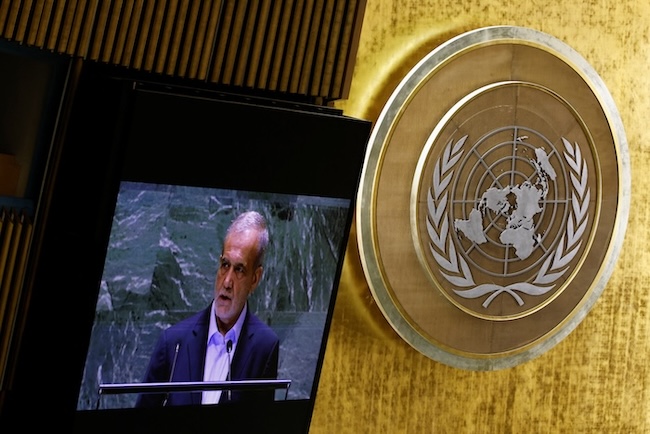
By Ahmad Rafat
Iranian President Massoud Pezeshkian did not change international views of his government’s foreign policy during his discussions on the sidelines of the United Nations General Assembly in New York. While he aimed to signal potential shifts in the Islamic Republic of Iran’s foreign policy regarding nuclear matters and regional activities through a more conciliatory approach, he achieved no significant results.
Western leaders’ indifference to Pezeshkian’s assertions about significant shifts in the Islamic Republic’s regional policies and a return to nuclear negotiations shows that the international community — like most Iranian citizens, who abstained from voting in the presidential elections on June 28 and July 6 — no longer believes Islamic Republic politicians’ statements.
They will only reassess their approach towards the Islamic Republic if they observe concrete and meaningful actions. In an interview with Al Jazeera TV, a senior official from the U.S. State Department remarked: “Washington has taken note of these statements, but it focuses on the actions of Iranian officials rather than their rhetoric.”
Pezeshkian is aware of this reality. Otherwise, he would not have commented during a dinner with Iranian expatriates at the Millennium Hotel in New York on the resumption of negotiations for the revival of the nuclear agreement as follows: “We should wait until America considers us human before we can return to the negotiating table.”
Meanwhile, Rafael Grossi, the Director General of the International Atomic Energy Agency (IAEA), who was in New York at the same time as Pezeshkian and met with Iran’s Foreign Minister Abbas Araghchi, expressed some optimism by saying: “There are signs of Iran’s willingness to interact.”
This shows that Iran is eager to re-engage with the agency and the partners involved in the 2015 nuclear deal, officially known as the Joint Comprehensive Plan of Action (JCPOA).
Iran’s Vice President for Strategic Affairs, Mohammad Javad Zarif, who traveled with Pezeshkian on his recent visit to New York, stated in an interview with CNN that the revival of the JCPOA hinged on a change in the U.S. position. Zarif, who served as Iran’s Foreign Minister from 2013 to 2021, asserted that Iran had already invested in the JCPOA and would not do so again “unless the U.S. government abandons the maximum pressure strategy that was carried over from the Trump administration.”
In New York, during Pezeshkian’s visit, the foreign ministers of the EU and those from the G7 countries — Canada, France, Germany, Italy, Japan, the UK, and the U.S. — released two statements condemning the implicit cooperation between the Islamic Republic of Iran and Russia in the conflict in Ukraine. They urged an end to Iran’s missile sales to Moscow.
Also, in a recent meeting, the foreign ministers of the Gulf Cooperation Council (GCC), along with U.S. Secretary of State Antony Blinken, discussed Israel’s military operations in Gaza and Lebanon, as well as Iran’s regional strategies and nuclear programs.
After this meeting, the U.S., and members of the GCC voiced their concerns regarding the actions of the Islamic Republic, specifically its provision of ballistic missiles and drones to proxy groups. They deemed these actions a source of instability and a threat to regional security, accusing Iran of fostering chaos in the Middle East.
Setting aside the conciliatory tone of Pezeshkian’s address at the UN General Assembly, the substance of his speech closely resembled that of the late Ebrahim Raisi, the former Iranian President, during the previous General Assembly. Both emphasized the necessity for a transformation in global dynamics and advocated for Iran’s right to pursue nuclear activities.
The Pezeshkian administration shares a similar perspective with its predecessor regarding the revival of the JCPOA, believing it can only be achieved by lifting sanctions. However, Pezeshkian’s authority in foreign policy is constrained by limitations imposed by Iran’s Supreme Leader Ali Khamenei, the chief architect of the Islamic Republic’s foreign policy, preventing significant alterations in this area.
The Iranian government promptly refuted statements by Pezeshkian made during a meeting with editors-in-chief of US media while in New York, even after an audio recording of the discussion was released. Two aspects of Pezeshkian’s remarks appear to have crossed the lines set by Khamenei and the Islamic Revolutionary Guard Corps (IRGC), which may lead to complications for him.
In this meeting, when discussing terrorism, Pezeshkian said: “It does not matter whether a terrorist is an Arab, Persian, Israeli, or American. If they commit an assassination, they are terrorists. It is not acceptable for one side to kill and claim self-defense while labeling the other side as terrorists for similar actions. We condemn them.”
During a meeting with editors-in-chief of US newspapers, Pezeshkian addressed the ongoing conflict in the region by saying: “We should resolve issues through dialogue rather than resorting to weapons. We are prepared to disarm on the condition that Israel also does the same and that an international organization is deployed to ensure security for all parties involved.”
Before heading to New York to address the UN General Assembly, Pezeshkian made his first international trip to Iraq. He returned to Tehran with no notable achievements from this visit. The Shiite government of Iraq did not favorably respond to any requests made by the Islamic Republic.
Regarding the border conflicts between the two nations over the Shatt al-Arab river, which Iraq has brought before international bodies like the UN Security Council, the Iraqi administration, aligned with Tehran, did not retract its complaint. Also, Tehran and Baghdad have even failed to agree on dredging this river.
The primary aim of Pezeshkian’s visit to Iraq was to address the financial issues between the two nations, but no agreement was reached. Iraq relies on electricity and gas imports from Iran; however, it faces challenges in making cash payments because of U.S. sanctions imposed on Iran. To purchase gas and electricity from Iran, Iraq must secure an exemption permit, and any payment method needs an additional permit.
Previously, the authorization granted to Iraq to settle its debts to Iran included restrictions that will persist despite Pezeshkian’s requests. Iraq has received permission to acquire limited products to repay its debt for gas and electricity imports. This license is strictly for purchasing medicines, medical equipment, food, and agricultural products. Iraq’s outstanding debt to Iran currently stands at $11 billion, held in Iraqi bank accounts.
Abdolnaser Hemmati, Iran’s Minister of Economic Affairs and Finance, who traveled with Pezeshkian, proposed during a meeting with his Iraqi counterpart that trade between Iran and Iraq should not rely on the U.S. dollar. He suggested instead the use of Iranian rials or Iraqi dinars. The Iraqi officials rejected this proposal.
Iraq also rejected another suggestion to import goods from Iran and then export them as Iraqi products to third countries to help Iran circumvent sanctions. The country is unwilling to jeopardize its political and economic ties with the U.S. and Western nations to enhance economic relations with Iran.

